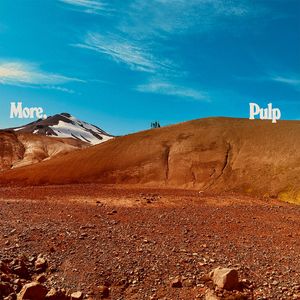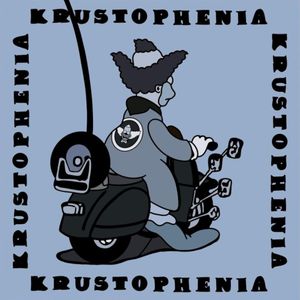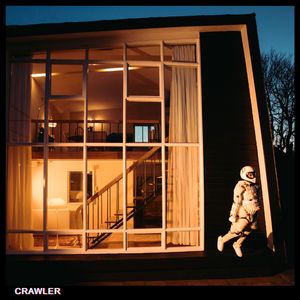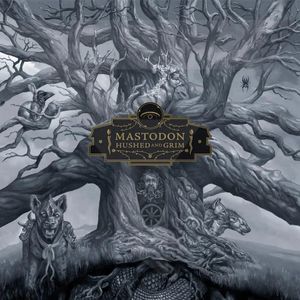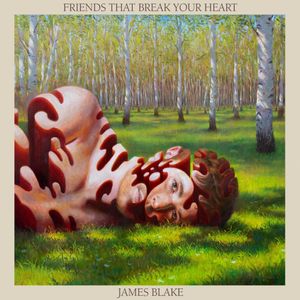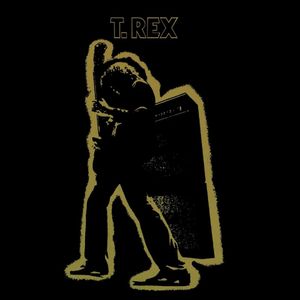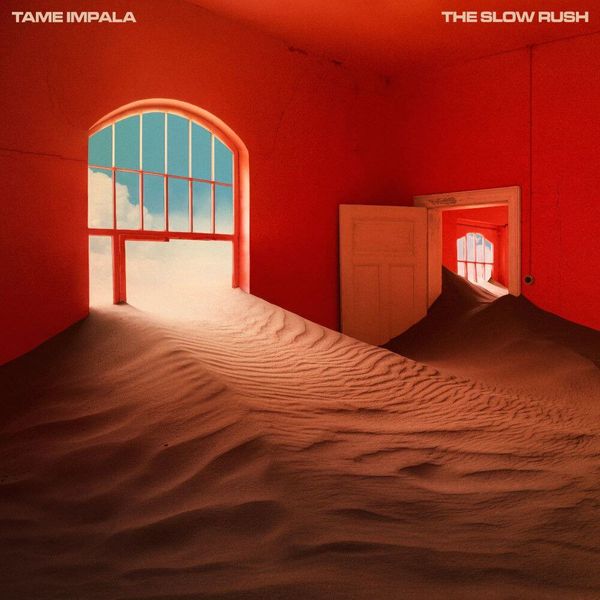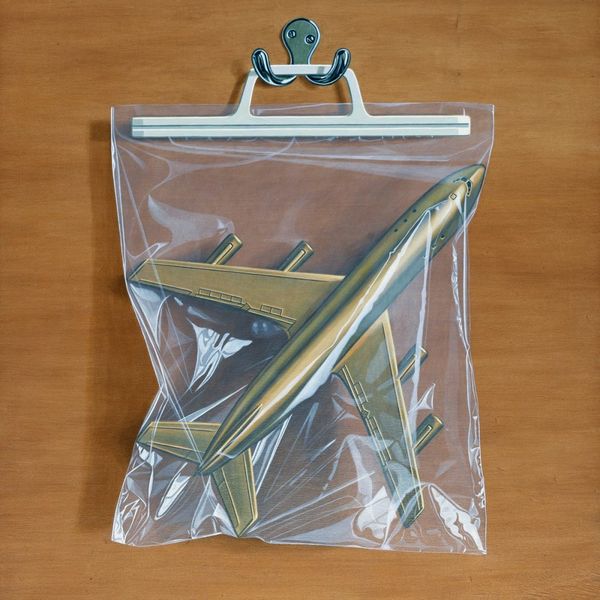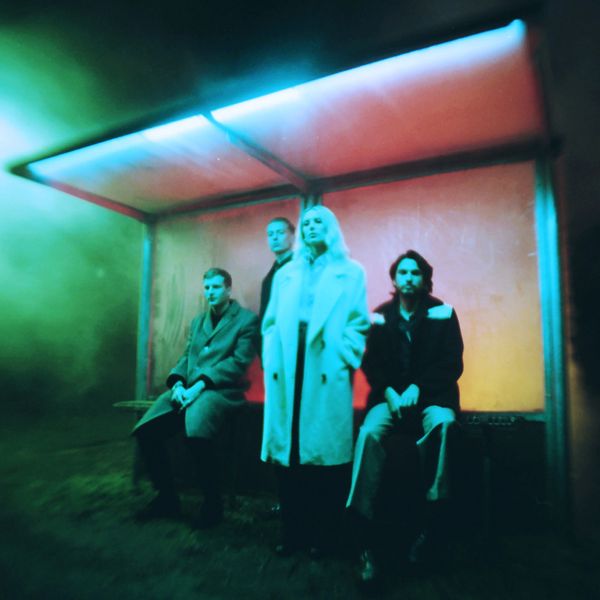Mordechai
Khruangbin
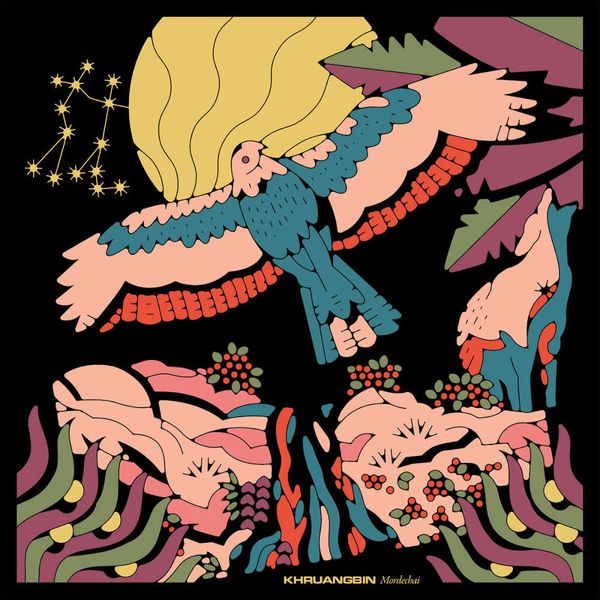
Essential Tracks
- Time (You and I)
Favourite Tracks
- Pelota
- So We Won’t Forget
André
Long-time readers of Audioxide will likely be aware of our general thoughts on albums that prioritise aesthetic above all else. Style over substance, as the saying goes. There will always be a place for music that focuses on flaunting snazzy sounds, and rightly so, because snazzy sounds are nice to listen to. Such is life. However, this can often result in a lack of longevity. I imagine the recently released records from Thundercat and Tame Impala, but to name a few, have probably been forgotten by most listeners already. I think I forgot about Tycho’s 2019 album before I even finished listening to it.
What then of Khruangbin, a band who practically exist exclusively to offer a vibe? Mordechai predominantly aims to provide blanket moods and feelings, and it does so extremely well. In a way, this makeup could be seen as a subgenre of ambient music. It’s easier to accept mood music when it’s not the product of directionless songwriting. All things considered, I think Khruangbin do this better than most acts out there.
Mordechai is ultimate festival music. Relaxing yet affecting, these songs are begging to be listened to with a chilled beverage in hand, alongside friends, watching the sun go down. Khruangbin blend multiple music influences from around the globe: funk, soul, psychedelia, dub, and various degrees of instrumental rock. You’d probably struggle to find any music enthusiast who doesn’t like something that Mordechai offers. The band themselves are in impeccable form, individually and as a unit, whilst the production suits the style down to the ground. Occasionally, there is an over reliance on post-effects. The vocals are drenched in reverb, for example. Languid echoes are a sure-fire way to create atmosphere, but also a potential hazard.
Of all the elements that Mordechai is comprised of, its the softly-stroked singing that feels least affecting. I can’t imagine many listeners will pay much attention to the lyrical content, presumably because they’re already so lost in the meditative space. Basically, Mordechai is a pretty chill time, so if you’re in the market for that, then this comes recommended. It’s like a perfectly curated playlist.
Favourite tracks //
- So We Won’t Forget
- Time (You and I)
- If There is No Question
Fred
We all have those films we watch, books we read, and albums we listen to when we don’t want to think. In their inoffensive, professional competence we find solace and maybe even the occasional emotion. Mordechai is in that bracket.
Khruangbin are a super solid unit, and their sound is sumptuous. On Mordechai the bass is full and bouncy, and the guitar sounds like something Quentin Tarantino might use in his movies – stylish and just that little bit greasy. “Time (You and I)” and “Pelota” show the album at its best. The band flows through genres with almost laughable ease, as comfortable with disco as with flamenco. Not that the tracks ever really get their teeth in. This is a case of the colours being more engaging than the composition.
The album is pure, unadulterated groove – no lows to speak of, not really any highs either, and it’s not trying to be anything other than what it is. It’s the kind of music you might throw on during a breezy Sunday afternoon, where the forgetableness of the day is its own kind of joy.
Favourite tracks //
- Time (You and I)
- Pelota
- Dearest Alfred
Andrew
Khurangbin released Mordechai in what should have been the midsts of festival season, and its entire tracklist is soaked in the ‘festival vibe.’ The hazy, summery, soul/psych sound evokes the nostalgia of watching live music in the open air and the ethereal reverb lathered on the vocals only serves to solidify those memories.
Highlights, however, are those tracks which bring a bit more to the table. “Time (You and I)” has a bouncy, playful air and a clearer vocal than most of the album. This feels like one of the more structured tracks here, with a welcome breakdown midway through which gives the trio scope to jam before returning to the central refrain. “Pelota” stands out with a Cuban strand to its sound. Rounding out before the three-minute mark, it’s short and sweet but one of the more memorable tracks here. Finally, “Connaissais de Face”, with its Bonnie and Clyde style, spoken vocal exchange and satisfying counter-rhythms created by the off-beat bassline, makes for another notable head-nodder.
Unfortunately, the deeper into Mordechai one gets, the harder it is to tell two tracks apart. Those heady, reverb ridden vocals make for great atmosphere but ultimately sideline them to musical decoration, and with many of these tracks hovering around the five-minute mark, that often creates a sense that you’ve seen everything they have to offer in the opening moments of a track. Instrumental tracks like “Father Bird, Mother Bird” or closer, “Shida”, escape this trap somewhat, with the former featuring a lovely interplay between bass and guitar, while the latter leaves bass and guitar to noodle and improvise to great effect, while the wordless vocals remain as a backdrop to proceedings.
Khruangbin has produced a technically excellent album, performances are top-notch and production hits the mark. But as a listener, I’ve found it hard to stick with it, particularly as a lot of my highlights are loaded in the first half. Performed live, this music would make for a woozy, chilled experience, but at home, this is more likely to sit in the background than command your full attention.
Favourite tracks //
- Time (You and I)
- Pelota
- Connaissais de Face
